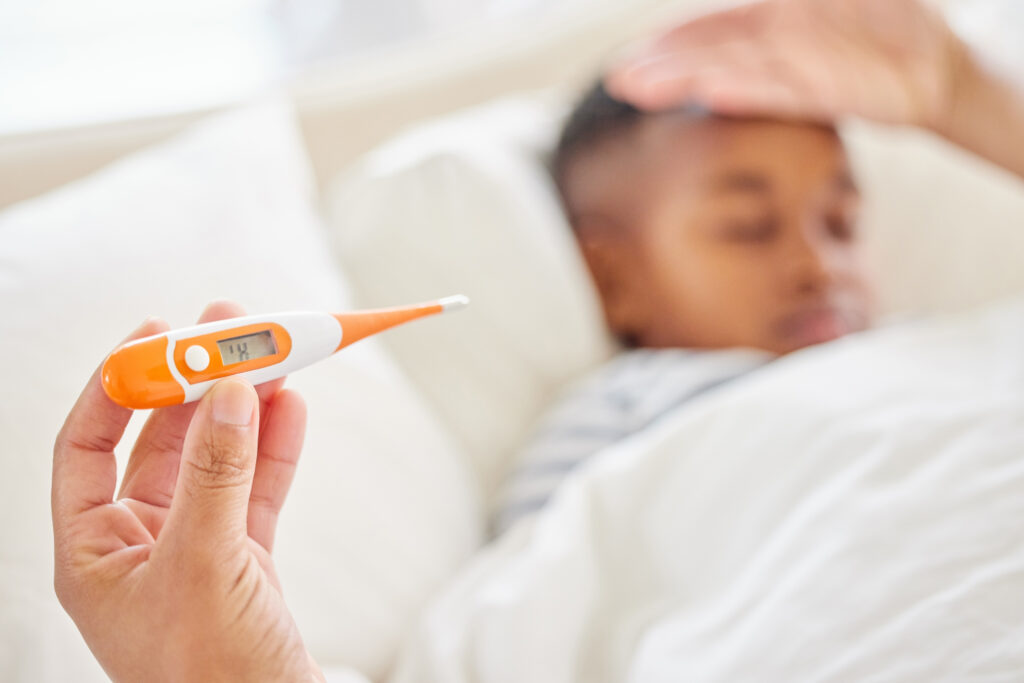
A malaria vaccine clinical trial is currently underway to test a promising new approach to prevent malaria, a serious and widespread disease. Researchers are looking for 22 healthy volunteers, aged 18 to 45, to participate in this important study. The trial focuses on evaluating the PfSPZ-LARC2 vaccine, an experimental vaccine designed to protect against malaria infection.
What is the malaria clinical trial?
The PfSPZ-LARC2 vaccine, developed by Sanaria, a biotechnology company, uses a weakened form of the whole malaria parasite. The goal is to see if this vaccine can provide enhanced protection against malaria infection. Participants in the trial will be randomly assigned to receive either the experimental vaccine or a placebo, which is a saline solution. A key part of this research involves a controlled exposure to malaria after the vaccine or placebo is given. This allows researchers to see how well the vaccine prevents infection. Participants will be closely monitored throughout the study, and if malaria is detected, they will receive quick, effective treatment.
Taking part in the trial requires a major commitment. Volunteers will need to attend up to 38 in-person clinic visits over the course of a year. The study involves receiving three injections of the vaccine or placebo, keeping track of any symptoms or how they feel, and undergoing multiple blood draws for safety checks and to measure the immune response.
“Conducting this vaccine trial is an important step toward reducing the global burden of malaria and saving lives,” said the trial’s principal investigator Dr. Scott McClelland, professor of medicine at the UW School of Medicine and of epidemiology at the UW School of Public Health.
This research is supported by the Infectious Diseases Clinical Research Consortium. Participants will be compensated for their time.
What is malaria?
Malaria is a life-threatening disease caused by Plasmodium parasites. It’s transmitted to humans through the bite of infected female Anopheles mosquitoes. While most cases in the United States are reported in travelers returning from places like sub-Saharan Africa and South Asia, malaria poses a significant global health burden.
When an infected mosquito bites someone, the parasites enter the bloodstream and travel to the liver. After multiplying in the liver, they infect red blood cells, leading to symptoms like fever, chills, sweating, headache, muscle aches, and fatigue. Severe malaria can cause serious complications and can be life-threatening.
In 2021, the first vaccine to protect against malaria was endorsed by the World Health Organization (WHO) and helps prevent the deaths of tens of thousands of children a year.
Why we need new malaria prevention methods
Malaria is a major global health challenge. The fight against malaria has been ongoing for decades, relying on a combination of vector control measures (such as insecticide-treated bed nets and indoor residual spraying), prompt diagnosis, and effective treatment with antimalarial drugs. However, the emergence of drug-resistant parasites poses a significant challenge. This highlights the critical need for new interventions, and vaccines are a vital tool in the fight against malaria.
Drug-resistant malaria occurs when malaria parasites evolve and develop the ability to survive exposure to antimalarial medications. This phenomenon threatens to undermine the effectiveness of current treatments, making it more difficult to cure patients and control the disease.
Vaccines offer a promising approach to preventing malaria infection. A highly effective and long-lasting vaccine could provide sustained protection, reducing the incidence of the disease and ultimately saving lives.
This clinical trial and others like it are essential steps toward developing better ways to combat malaria and improve global health.
Are you interested? Fill out a short survey at the study’s participant registry. You can also reach the virology research clinic team at the University of Wisconsin [email protected] or 206-520-4340 (phone/text). The team will contact you if you’re eligible.







